By Sana Sarr
About two weeks ago, The Minister of Health and Social Welfare delivered a speech in which she blamed the country’s ailing health system in part to “doctors stealing medicine” from the hospitals and selling them in their private pharmacies. In response, the Association of Gambian Resident Doctors issued a statement demanding a withdrawal of the minister’s statements, an apology from the minister and the minister’s resignation among other things. They threatened to go on a sit down strike if their demands were not met. I must admit that i was dismayed by this rather bold and seemingly uncompromising stance. To begin with, I know that the minister will not bear the brunt of any strike, for she, like other top government officials, probably has access to resources to send their close family members abroad for medical attention should they need it. The poor innocent Gambians will be the ones to suffer. However, I was hesitant to condemn the doctors because I also know that perhaps more than anyone else, certainly more than the politicians, they are professionals and they care about their patients. With this in mind, I held off on taking a side on the dispute. All i kept asking for was that our leadership takes leadership to help resolve the issue so it wouldn’t get to a strike.
Unfortunately, that was not to be. Not enough was done and the doctors proceeded to begin phase 1 of their strike. The minister delivered what many consider a half-assed unapologetic apology but the doctors saw through the smokescreen and refused to budge. Phase 2 of the strike has now been activated. More Gambians are aware and, consequently, emotions have started running high. Unfortunately, I find that a lot of the negative comments i see on Social Media are, in my opinion, misdirected towards the doctors. A good number are due to a lack of understanding of the doctors’ demands or their reasons. Many, understandably, are rooted in the sympathy for the innocent patients. Some are rooted in outright political bias, and others in downright ignorance
Let me begin by reminding you all that Gambian doctors are paid significantly less than many of their counterparts around the world. Yet, there is nothing in their demands even mentions their salaries or compensation. That should answer some of the critics calling them selfish.
Below in italics are some of the comments I saw online followed by my reaction to them.
“The strike is unjustifiable because the doctors are doing it only because their egos are bruised by the minister’s remarks. Why did they not go on strike to demand better health facilities?”
This suggests a lack of understanding of why the doctors are on strike. From their press statements, what I understand is that the minister’s remarks were only the tipping point that pushed the doctors over the edge of what was already a fragile relationship between them and their minister. Yes, they want the minister to apologize for her remarks and to resign, but the resignation is because the doctors feel they need a more competent individual who they feel will be capable of moving the ministry in the right direction. The apology may fix the “bruised egos”, but there will be no change in policies and direction if the same leadership remains. I think this is a simple enough issue. If the people you are supposed to lead say they have no confidence in you, what’s the point of staying? Sudorn mann la sah ma gehda!
“The minister was justified because we all know doctors steal medication from the hospital”
All the doctors serve under the supervision of the ministry of health. The minister has the authority to set up a task force to investigate any wrongdoing by the doctors. It is the minister’s responsibility to create the structures and policies to ensure accountability for all the hospital resources including medication. A failure of that system ultimately rests on the minister. There is therefore no reason for the minister to go out in public and make generalized accusations when she has not done anything to address the problem internally.
Why do the statements mean so much to the doctors? It’s rather simplistic to blame it on “egos.” It is deeper than that. The relationship between doctors and patients is based on confidence. If that confidence is undermined, especially by the doctor’s boss, there remains little to go by. Patients will have no confidence in their doctors after they’ve been told by the Minister that the doctors are thieves and cheats.
Similarly, the relationship between doctors and the minister is also based on trust and confidence. With these remarks, it’s clear there is no trust. How then can the two parties continue to work with each other?
“By going on strike over who the minister is, the doctors are betraying the oath they signed to save lives”
I went back to read the hippocratic oath. I got the feeling that many who cite that oath have no clue what it says. I suggest that folks go and read it before trying to use it for an argument.
“The doctors should care about the patients”
From their statements, I understand that the change in the leadership that the doctors are demanding is in the hopes of bringing better services to their patients. “You cannot make an omelette without breaking eggs” is the saying. We all know that unlike most other countries, doctors in The Gambia are not the best paid. The rigor of medical school is also well-known, so I doubt many put themselves through the years of studying if they did not care about their patients. The doctors also live in The Gambia with their relatives and friends. Again, we know they’re not the richest so most of them cannot afford to send their families abroad for treatment. Therefore, this strike affects them as much as anyone, especially those of us in the diaspora, sending condemnation via social media.
“A medical emergency should be declared and a request be made to China and Cuba to airlift doctors to come treat our people to replace immoral striking doctors”
This is probably the dumbest of the ones I saw. Really, genius? Rather than ask the leadership of our government to sit with the doctors and resolve this as a family we should go bring Chinese and Cuban doctors to replace them? Are those Cubans and Chinese doctors going to remain in the country forever? And you call us an “independent” nation? Should we discard the Gambians who have spent years studying and serving our sick and vulnerable just because we disagree with them one time? And what do you do when we fall out with China and Cuba, run to Pakistan and North Korea? Or do you suggest we become a colony of China and Cuba?
”And the bloody fools should all be prosecuted if they go to work in their private clinics as well.”
That’s another gem I saw on Facebook. I don’t even know where to begin responding to this one. Prosecute individuals for working in their own private clinics. Maybe President Barrow should get a different haircut, begin walking on his knees and be renamed Kim-Jong-Adu! The North Korean dictatorship is a lie!
Here we are, two weeks later, and not a word from the executive. The president was busy posing in front of the main hospital, talking about “refurbishments” of the physical structures as his claim to “prioritize” healthcare, while there were no doctors inside the hospital. The Vice President was posing for pictures at the Commission on the Status of Women, (CSW) conference at the United Nations. Meanwhile, poor women in The Gambia can’t find doctors to treat them. NOT A WORD! This nonchalant, even negligent, attitude of our top administration, added to some of the angry, sometimes vile, rhetoric against the doctors helped push me to be more sympathetic to what may have pushed the doctors to that desperate corner.
While i understand the sentiments and rationale asking the doctors to return to work out of consideration for the innocent patients, I can also see why they will believe that any softening of their stance will result in their plight being totally ignored. If the administration is unwilling to budge, even at the risk of patients dying, what is to say that they will even speak to the doctors if they simply go back to work? President Barrow did not bat an eyelid when he fired Mai Ahmad Fatty, someone he called a friend, without so much as an explanation to Gambians. How then, is the Minister of Health, who is not a technocrat in the health field, so indispensable to the government that they’re willing to lose doctors and patients to keep her as health minister? How difficult would it be to simply assign her to a different ministry, even if it’s just to save lives? When the players of a football team collective declare a lack of confidence in their coach, the administration has no option but to let the coach go. Soldiers cannot be led by a general they have no trust or confidence in. This should not be that complicated.
This whole episode is a very sad and difficult one for me. Personally, I would have asked the doctors to try different methods of pushing to make the changes they seek. However, after seeing how the leadership has stubbornly ignored their demands, I can totally understand why the doctors felt they had no better alternatives. I continue to hope and pray that cooler heads prevail, and that no innocent lives are lost. We can do better!

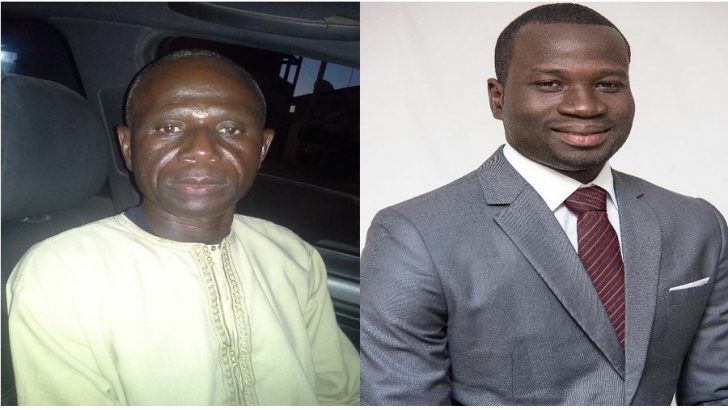
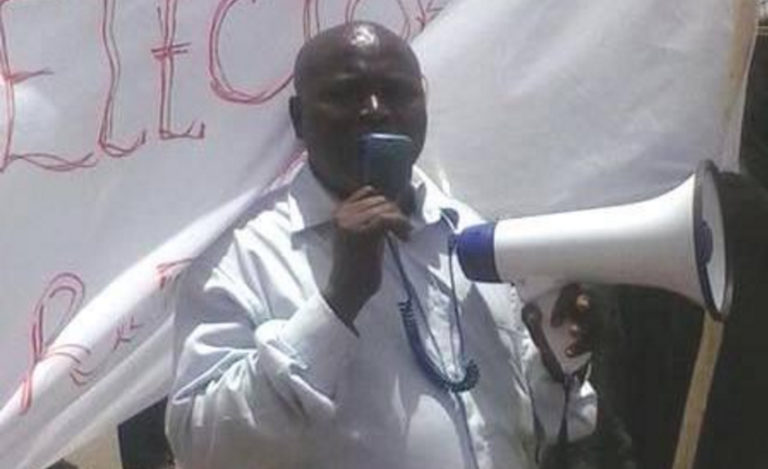
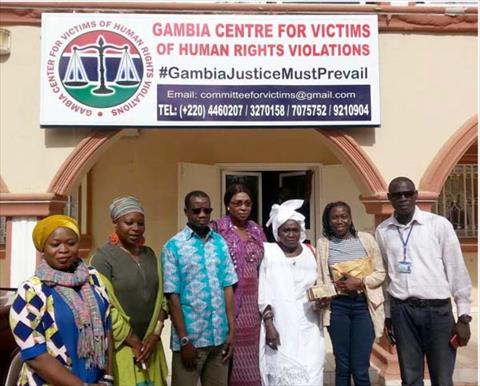
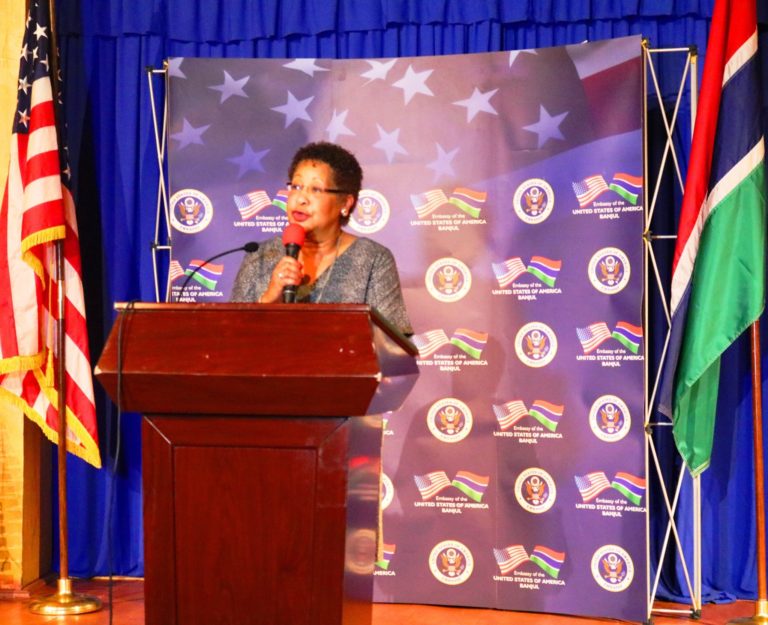

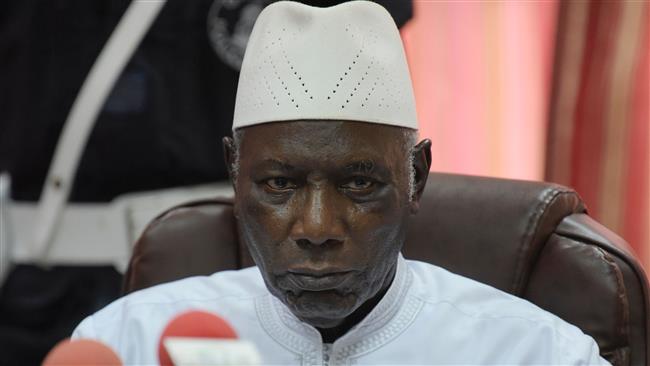


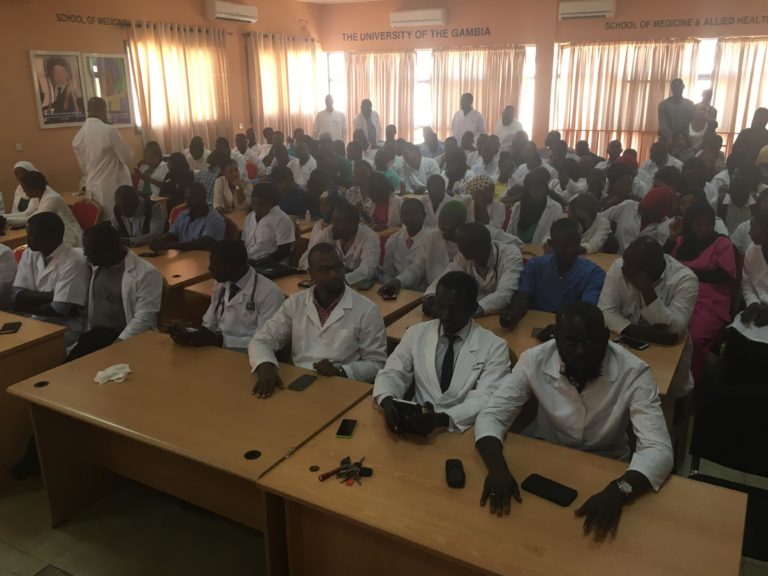
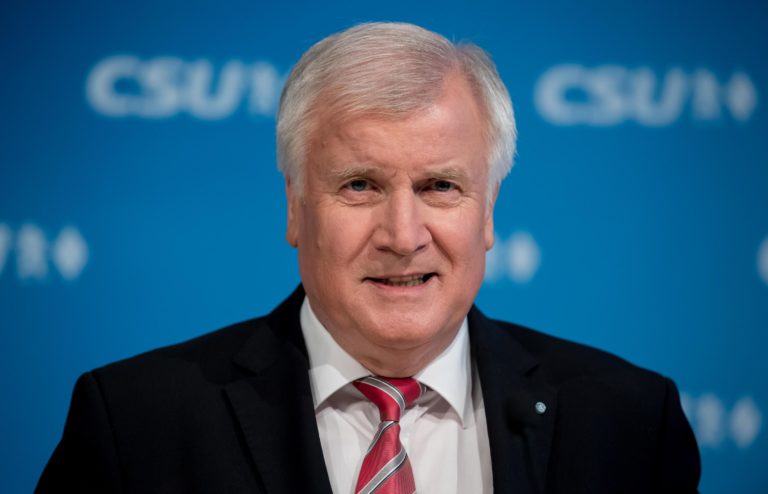
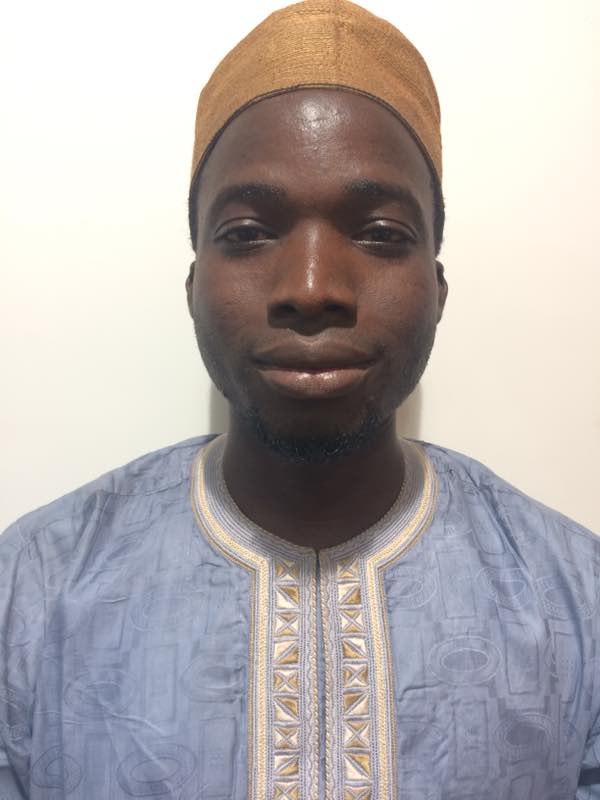
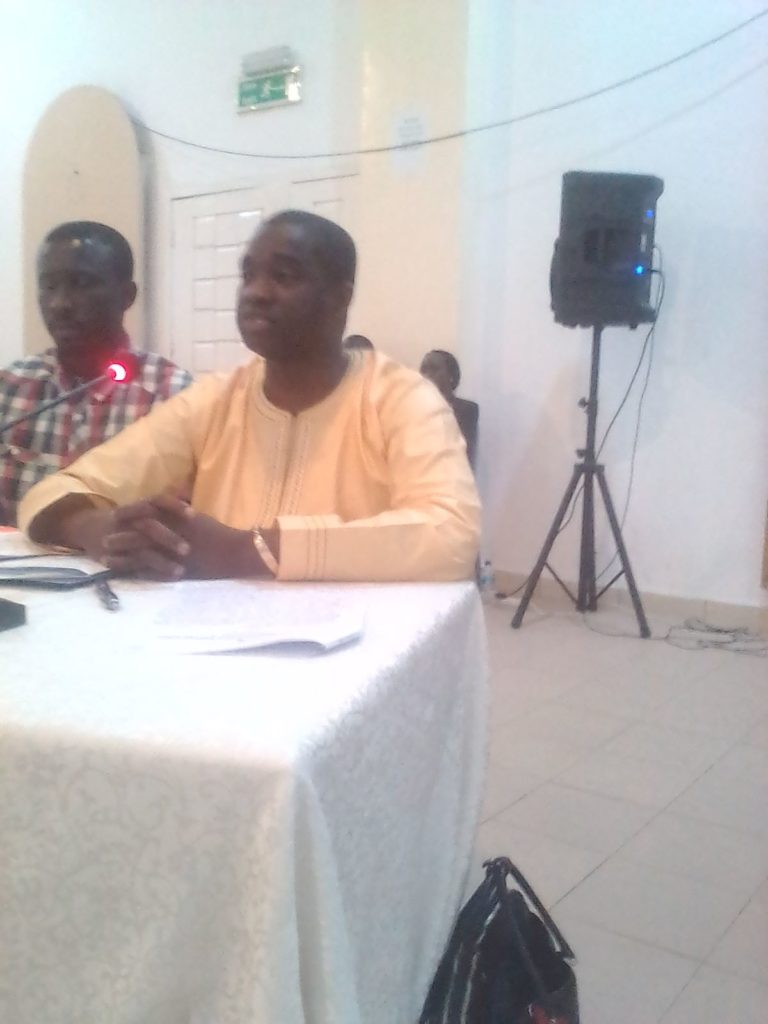
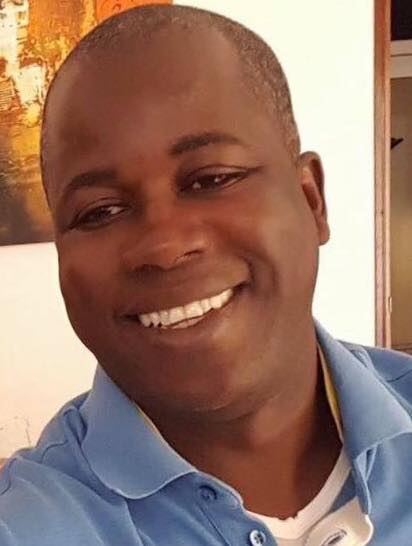
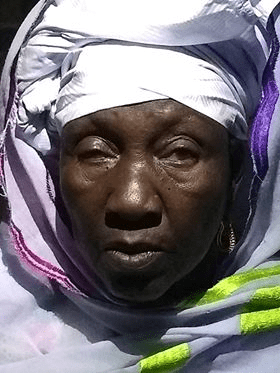
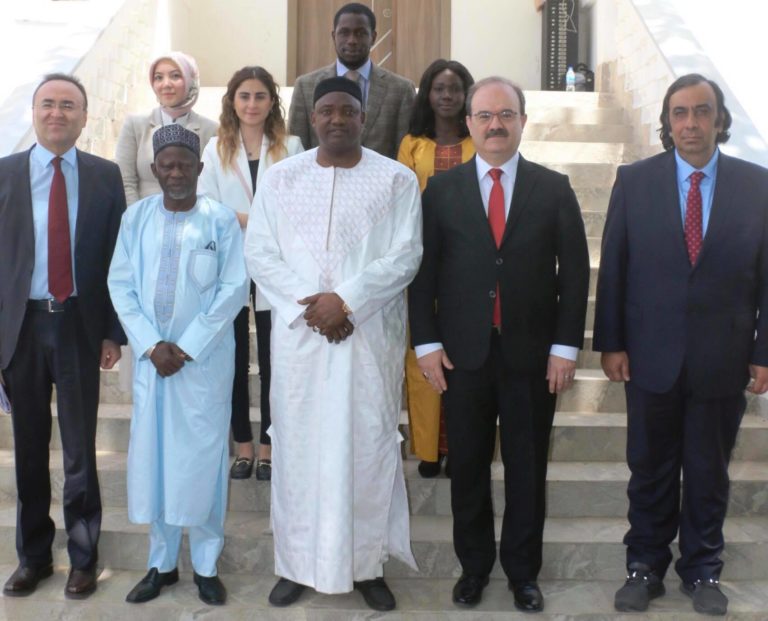
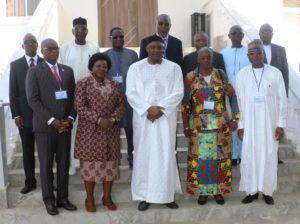
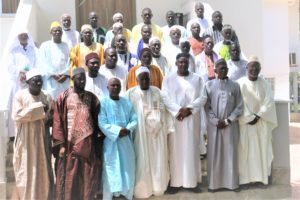
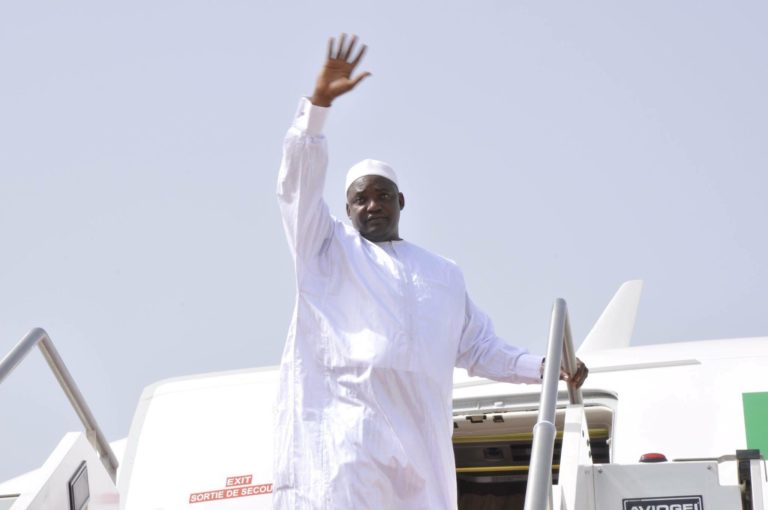


Former SG Samba Testifies At Janneh Commission
Former Secretary General, Sulayman Samba has appeared before the commission of inquiry probing into the financial dealings of the former President Yahya Jammeh and his close associates at the Djembe Beach Hotel, Kololi.
Samba was summoned in connection to the International Gateway project including his signatory to the Carnegie Sand Mining Accounts.
The former Secretary General said he was a signatory to the said Accounts because that was the culture at The Office of The President, saying he would not know whether the accounts were meant for ulterior motives.
“I could not say it shouldn’t be done,” Former SG Samba said.
Samba went further to say that he does not recall any concrete actions taken on the revenues generated from the Gateway account. He said it is not proper for the president to appropriate consolidated funds.
“It is a matter of following directives as instructed,” he said.
Samba who was until now addressing the former president as a gentleman said he was an executive president comparing him to the former US President George W Bush. It was put to him by the Commission Counsel Amie Bensouda that the two former presidents were not comparable with regard to the things one was doing in The Gambia would not be allowed in the United States.
Meanwhile, the former Secretary General said sometimes they would prevail on the former president depending on the circumstances at the time.